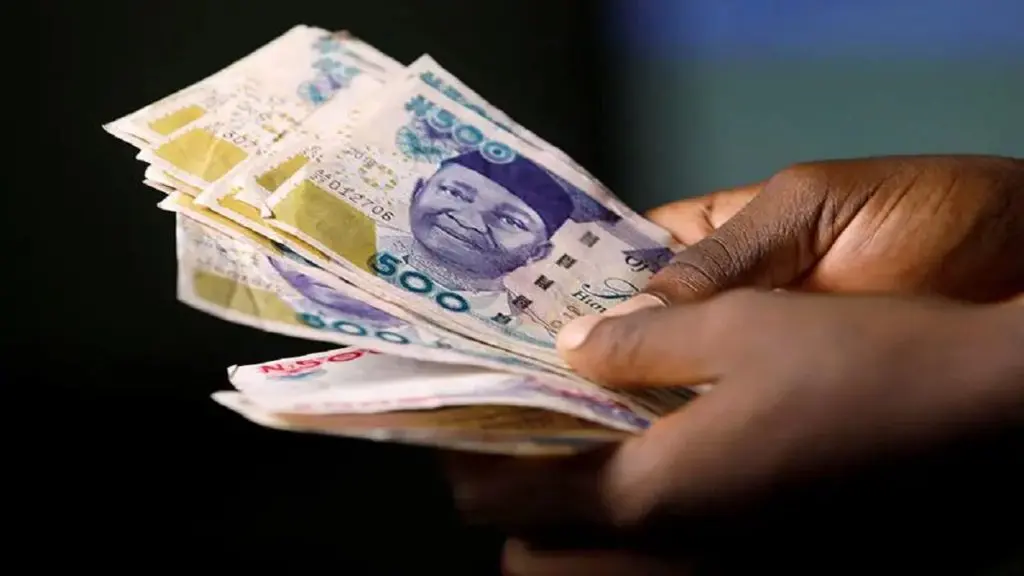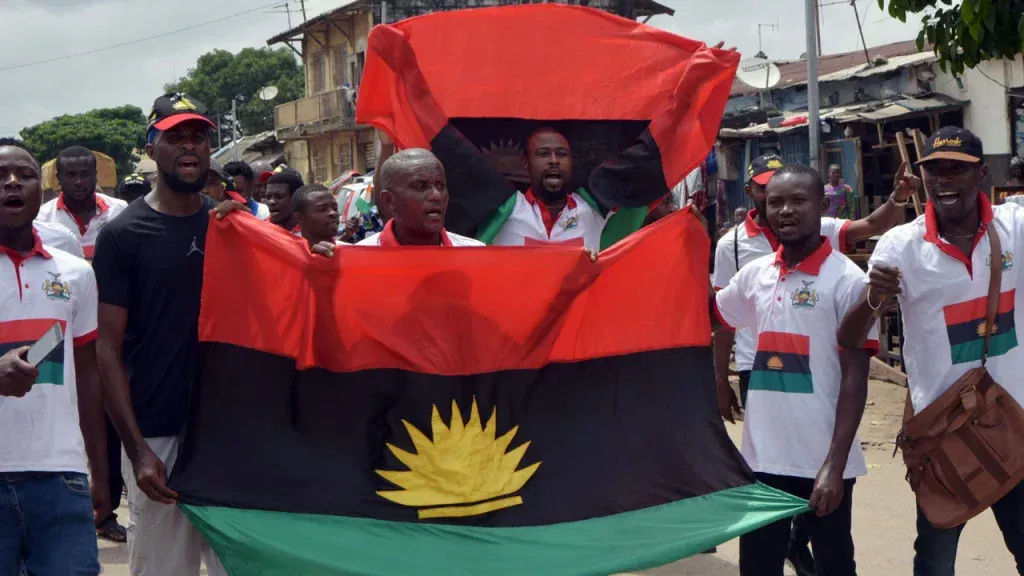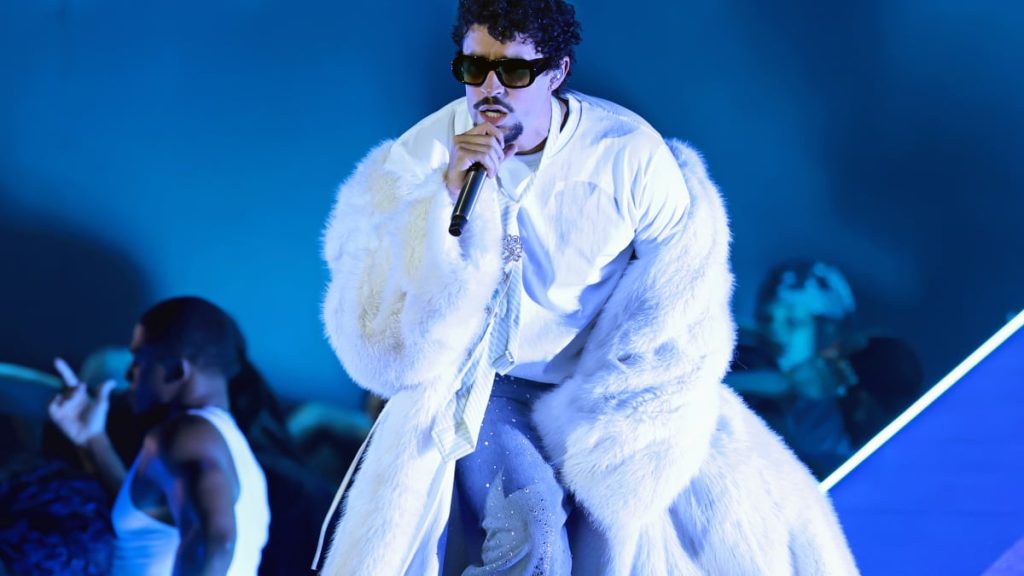The Democratic Republic of the Congo (DRC) is on the brink of historical elections, but the path is riddled with challenges. As the country grapples with violence, displacement, and political tensions, the prospect of free and fair elections hangs in the balance. While the DRC’s journey to democracy is fraught with obstacles, there are signs of hope amidst the turmoil.
The current electoral landscape in the DRC is marred by violence and instability, particularly in the eastern provinces of North Kivu and Ituri. Armed conflicts between the national armed forces and various armed groups have left a trail of insecurity, making it difficult for over a million citizens to obtain voter’s cards. The impact of this upheaval is far-reaching, with opposition parties alleging an uneven playing field and increased repression from the government.
Moreover, concerns loom over the impartiality of the national electoral commission (CENI), which has faced criticism for alleged bias in favor of the ruling party. Reports of electoral agents engaging in questionable practices, such as preventing voter registration and extortion, have stoked further tensions, amplifying the risk of unrest during the elections.
Against this backdrop, the major candidates vying for leadership represent a spectrum of backgrounds and aspirations. President Félix Tshisekedi seeks a second term, while opposition figures like Martin Fayulu and Moïse Katumbi present formidable challenges. The election’s focal points include security, corruption, exploitation of mineral resources, and economic hardships faced by the populace. However, as the campaign unfolds, the specter of violence looms large, exacerbated by voter frustrations and fears of post-election crackdowns.
The question of whether free and fair elections are feasible in the wake of mass displacement and unrest is a pressing one. Despite the challenges, the efforts of the national electoral commission and various civil society groups offer glimmers of hope. With an unprecedented 43 million registered voters and the active participation of young people and religious organizations like CENCO and ECC, there is a palpable sense of enthusiasm and heightened expectations among the Congolese populace.
However, the pervasive displacement in the eastern regions poses a formidable obstacle to ensuring the inclusivity of the electoral process. With millions of internally displaced persons, the prospect of their meaningful participation remains in jeopardy. Religious leaders and civil society organizations, including LUCHA, have mobilized to defend democracy and government accountability, aiming to secure free and secure elections by registering voters, informing the public, and monitoring polling sites.
As the DRC treads the delicate tightrope of democratic transition, the road ahead remains uncertain. The unprecedented levels of displacement, reaching 6.9 million internally displaced people, cast a shadow over the nation’s electoral journey. Despite this, the unwavering resolve of the Congolese people and the tireless efforts of civil society organizations offer a glimmer of hope amidst the tumultuous backdrop.
In summary, the DRC’s quest for free and fair elections amid displacement and political tensions is a complex tapestry of challenges and aspirations. As the world watches with bated breath, the resilience and determination of the Congolese people serve as a beacon of hope, illuminating the path to a brighter democratic future.
The Challenge of Creating a Democratic Electoral Process in the DRC
Amidst displacement, disaffection, and disenfranchisement, the Democratic Republic of Congo (DRC) grapples with the arduous task of fostering a democratic and inclusive electoral process. As the December 20 elections approach, the plight of the displaced, disabled, elderly, and illiterate individuals casts a shadow over the prospects of a free and fair democratic exercise.
The Dilemma of Displaced Voices
A poignant narrative unfolds as the displaced populace voices their frustrations, pointing accusatory fingers at a government they feel has forsaken them. The absence of a viable mechanism for registration to vote from the refugee camps becomes a symbol of neglect and exclusion. Their outcry reverberates, carrying the weight of thwarted hopes and dashed aspirations.
Challenges Beyond Displacement
The concerns of the marginalized extend beyond displacement. In previous elections, persons with disabilities, the elderly, and the illiterate encountered insurmountable obstacles during the voting process. As the nation stands on the brink of another pivotal electoral juncture, these concerns loom large, posing a formidable challenge to the democratic fabric of the nation.
International Intervention: A Beacon of Hope
In light of these pressing challenges, the role of the international community emerges as pivotal in preventing political and electoral violence in the DRC. Murray, a luminary voice in this discourse, advocates for a bolstering of the Independent National Electoral Commission’s (CENI) capabilities through increased logistical support from international and multilateral partners. This support is envisioned to facilitate international and domestic observation missions, serving as a cornerstone in safeguarding the integrity of the electoral process.
The Vanishing Foothold: European Union’s Omission
The European Union’s decision to cancel its observer mission dims a beacon of hope, sparking concerns over the expunged support for free and fair elections in the DRC. However, as one door closes, another avenue emerges through the ascendancy of citizen groups and civil society. Their role in observation assumes heightened significance, warranting amplification and acknowledgment on the international stage.
Combatting Disinformation: A Prerequisite for Democracy
Amidst the pervasive haze of disinformation shrouding the nation, the imperativeness of nurturing unbiased content through the support of civil society and independent media comes to the forefront. Programs aimed at equipping citizens with the ability to discern and debunk misinformation emerge as a critical necessity, serving as a bastion against the onslaught of falsehoods.
International Mediation: A Call for Calm
The specter of a contested election looms large, necessitating the intervention of international actors. A call for calm, support for mediation efforts by domestic leaders, and exertion of pressure on parties to eschew violence emerge as a pathway towards averting the descent into political turmoil.
A Multifaceted Approach: Addressing Deep-Seated Challenges
Beyond the electoral realm, the multifaceted challenges of insecurity, corruption, and unemployment demand the attention of international and multilateral partners. The impending withdrawal of peacekeeping missions underscores the need for sustained international support in steering the nation towards stability and prosperity.
The Way Forward: A Collaborative Endeavor
In illuminating delineations, Wapoenje Dacruz Evora advocates for sustained international collaboration, underscoring the imperative of long-term support for Congolese policymakers and civil society. The journey towards a stable and thriving nation beckons as a collective endeavor, transcending temporal constraints and demanding enduring commitment.
As the DRC navigates the complex terrain of democracy and governance, the resonance of displaced voices and marginalized narratives reverberates globally. The forthcoming elections stand as a pivotal chapter in the nation’s trajectory, bearing the weight of aspirations and the promise of a brighter future.



